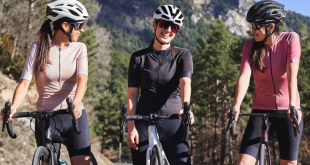Introduction
Cargo safety begins with the right trailer suspension system. The ideal suspension minimizes load sway, absorbs shocks, and maintains consistent ride height, protecting both freight and chassis. This guide examines suspension types, matching criteria to cargo characteristics, and how Wondee Autoparts’ suspension portfolio supports every industry need.
Suspension Options for Cargo Protection
- Mechanical Leaf Springs: Durable and low maintenance; best for heavy, rugged loads.
- Air Suspension: Adaptive ride height and improved shock absorption; ideal for fragile or high-value goods.
- Parabolic Springs: Lower interleaf friction for smoother rides; suitable for mixed freight.
Considerations:
- Shock Isolation: Sensitive equipment benefits from air suspension’s damping properties.
- Load Distribution: Bulk liquids or unstable pallets require consistent axle loads, air ride’s leveling valve excels here.
- Terrain Types: Off-road or construction sites favor mechanical systems, while pavers and smooth highways allow air ride advantages.
Integration and Customization
Wondee Autoparts offers suspension solutions and components:
- Mechanical: Conventional and parabolic springs, equalizers, torque arms.
- Air: ROR- and YTE-type bellows, airlines, control valves.
- Mounting: Hangers, U-bolts, spring plates, pins, and bushes.
Pair systems with appropriate shock absorbers and sway bars for optimal stability.
Inspection and Maintenance
Regular checks for corrosion, bushing wear, and air leaks are critical. Document pressure readings, alignment tolerances, and bushing play to anticipate service needs.
Conclusion
By aligning suspension choice to cargo type, heavy machinery, retail goods, or temperature-sensitive products, you ensure maximum safety and minimal damage. Wondee Autoparts’ broad suspension range and expert support help you implement and maintain the best system for your operation.
 USAInsiderToday Latest News, Features, and Culture Coverage
USAInsiderToday Latest News, Features, and Culture Coverage

